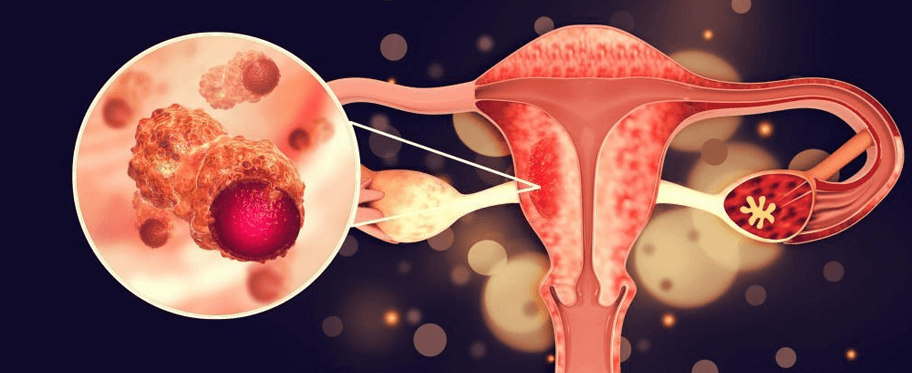
Recurrent Miscarriage Treatment
Recurrent miscarriage, defined as three or more consecutive pregnancy losses before 20 weeks of gestation, can be a challenging and emotionally distressing experience. The treatment of recurrent miscarriage involves identifying and addressing underlying causes, providing supportive care, and sometimes considering assisted reproductive technologies. It's important to note that the specific approach to treatment may vary based on individual circumstances, and consulting with a healthcare professional is essential for personalized advice.
Here are some common aspects of recurrent miscarriage treatment:
-
Investigation and Diagnosis:
- Comprehensive medical and genetic testing is often conducted to identify potential causes. This may include tests for hormonal imbalances, autoimmune disorders, blood clotting disorders, chromosomal abnormalities, and structural abnormalities of the uterus.
-
Supportive Care:
- Emotional support is crucial during this challenging time. Counseling, support groups, and therapy can help individuals and couples cope with the emotional toll of recurrent miscarriage.
-
Lifestyle and Environmental Factors:
- Modifying lifestyle factors such as smoking, alcohol consumption, and drug use can be important. Avoiding exposure to environmental toxins and maintaining a healthy lifestyle can contribute to overall reproductive health.
-
Hormonal Support:
- Hormonal imbalances, such as thyroid disorders or polycystic ovary syndrome (PCOS), may be addressed through medication to regulate hormone levels and improve fertility.
-
Anticoagulant Therapy:
- If blood clotting disorders are identified, anticoagulant medications may be prescribed to improve blood flow to the uterus and reduce the risk of miscarriage.
-
Immune System Modulation:
- In cases where autoimmune factors are suspected, immune system modulation may be considered to prevent the immune system from attacking the developing embryo.
-
Surgical Interventions:
- Surgical procedures may be recommended to address structural abnormalities of the uterus, such as fibroids, polyps, or a septum.
-
Genetic Counseling:
- Genetic counseling may be recommended to assess the risk of chromosomal abnormalities and provide guidance on family planning.
-
Assisted Reproductive Technologies (ART):
- In some cases, couples may consider assisted reproductive technologies such as in vitro fertilization (IVF) with pre-implantation genetic testing to improve the chances of a successful pregnancy.
It's crucial for individuals and couples experiencing recurrent miscarriage to work closely with a reproductive endocrinologist or a healthcare team specializing in fertility and recurrent pregnancy loss. They can provide a thorough evaluation, personalized treatment plan, and ongoing support throughout the process.
Schedule An Appointment
Get your Appointment Confirm with us Easily


